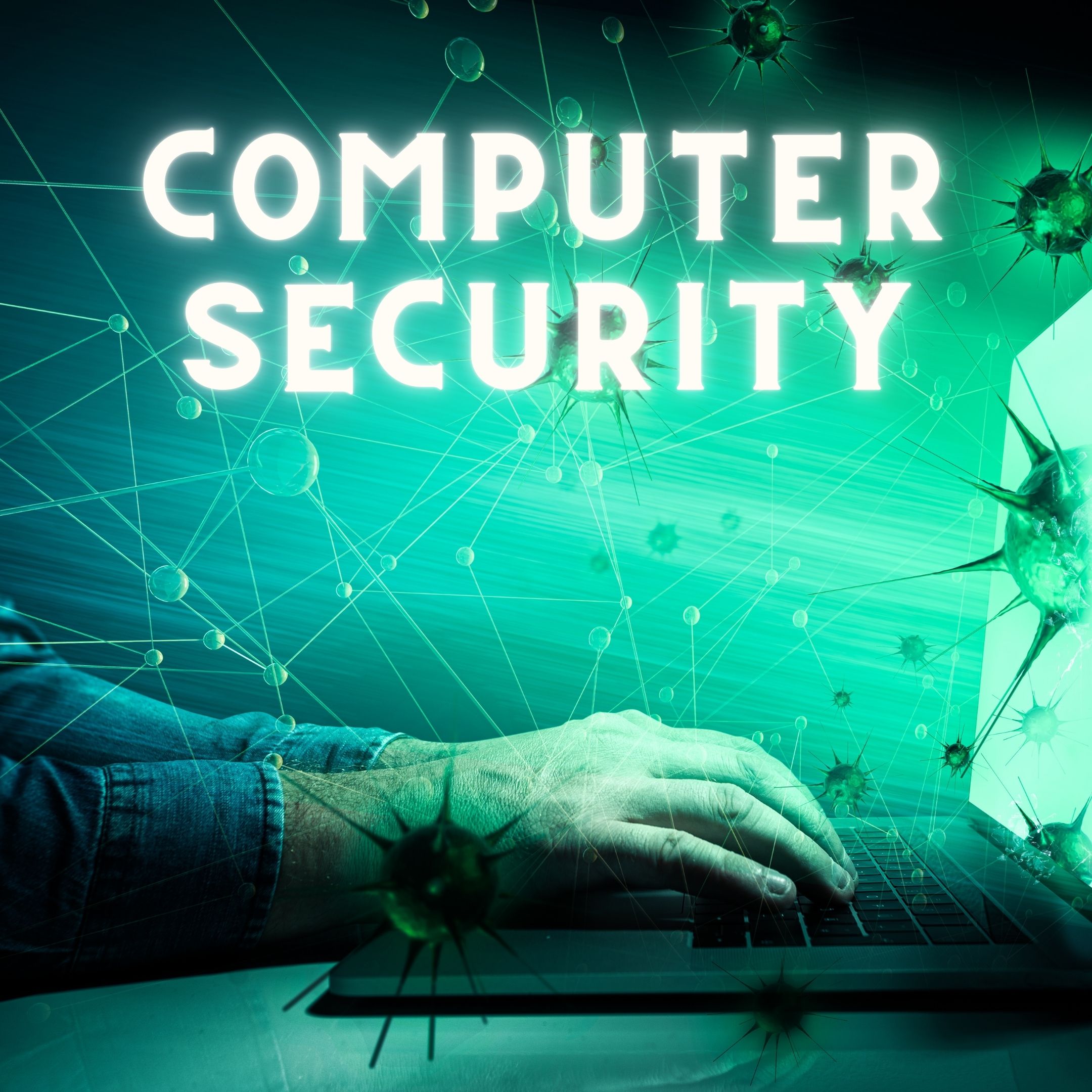Computer security has become a major concern for individuals and organizations in today’s digital world. From cyber-attacks to data breaches, the risks are higher than ever before. However, with emerging technologies and trends on the horizon, hope for a more secure future exists. In this blog post, we’ll explore some of the most promising computer security advancements and how they can pave the way toward a safer online landscape. So, buckle up, tech enthusiasts!
Introduction
The field of computer security is constantly evolving as new technologies and threats emerge. This article will provide an overview of some of the most promising emerging technologies and trends in computer security.
One trend particularly relevant to the future of computer security is the increasing use of artificial intelligence (AI) and machine learning. These technologies are already being used to help identify potential threats and vulnerabilities and will only become more important in the future. Another trend that is likely to have a significant impact on computer security is the increasing focus on cloud-based solutions. As more businesses move to the cloud, it becomes an increasingly attractive target for attackers. Finally, another important trend to be aware of is the increasing use of biometrics for authentication and authorization. This technology is becoming more widespread as it becomes more accurate and affordable.
Types of Threats and Attacks
Many different types of threats and attacks can be used against computer systems. Some common ones include viruses, worms, Trojans, denial of service attacks, and phishing scams.
Viruses are one of the oldest and most common types of malwares. They are programs that replicate themselves and spread throughout a system, causing damage or disrupting normal operations. Worms are similar to viruses in that they replicate themselves and spread throughout a system, but they do not require user interaction. Trojans are another type of malware that masquerades as a legitimate program or file to trick users into executing it.
Denial of service attacks (DoS) is designed to render a system unusable by flooding it with requests or traffic. Phishing scams are attempts to acquire sensitive information such as passwords or credit card numbers by masquerading as trustworthy entities.
As new technologies emerge, so do new ways for attackers to exploit them. It is important to stay up-to-date on the latest threats and trends to best protect your systems and data.
Common Computer Security Measures
A number of common computer security measures can be taken to help protect your devices and data. These include keeping your software up to date, using strong passwords and passphrases, avoiding public Wi-Fi networks, and backing up your data.
Updating your software is one of the best ways to protect your devices from security threats. New security updates are released regularly to fix vulnerabilities that have been discovered. By installing these updates, you can help keep your devices safe.
Using strong passwords and passphrases is another important security measure. A strong password is at least eight characters long and includes a mix of upper and lowercase letters, numbers, and symbols. A passphrase is a series of words strung together to create a phrase that is easy for you to remember but difficult for someone else to guess.
Avoiding public Wi-Fi networks is another way to help protect your devices and data. When you connect to a public Wi-Fi network, you share a connection with other users. This process makes it easy for someone to eavesdrop on your traffic and see what you do online. If you must use a public Wi-Fi network, connect through a VPN to encrypt your traffic.
Backing up your data is also important in case of a security breach. If your device is lost or stolen, or if it becomes infected with malware, having a backup
Best Practices for Computer Security
There is no one-size-fits-all answer to the question of what the future of computer security looks like. However, businesses should remember some best practices as they plan for the future.
First and foremost, businesses need to invest in data security. It means ensuring that all data is properly encrypted and stored in a secure location. It also means having a plan in place for how to deal with data breaches.
Second, businesses need to focus on user authentication. It means ensuring that only authorized users can access sensitive data and systems. It can be done through passwords, biometrics, or other security measures.
Third, businesses need to invest in incident response planning. It means having a plan in place for how to respond to security incidents such as malware attacks or data breaches. The goal is to minimize the damage and get the business back up and running quickly.
Fourth, businesses need to educate their employees about computer security. It includes teaching them proper password management, spot phishing emails, and what to do if they suspect their computer has been compromised.
By following these best practices, businesses can help ensure that they are prepared for the future of computer security.
Emerging Technologies and Trends in Computer Security
The future of computer security is shrouded in potential but fraught with uncertainty. The technologies and trends shaping the field in the coming years are still emerging, and the direction they will take is still unclear. But there are a few things we can be sure of:
1. The threats we face will continue to evolve.
2. The need for security will only become more critical.
3. The tools and techniques we use to secure our systems will have to change along with the threats.
Here are some emerging technologies and trends that could play a role in shaping the future of computer security:
1. Machine learning and artificial intelligence:
These technologies can detect and respond to threats more quickly and effectively than humans can. They can also help us automate many tasks in securing our systems, making it possible to do more with less manpower.
2. Blockchain:
This distributed ledger technology has the potential to revolutionize how we store and share data, including sensitive data like confidential financial records or personal health information. Blockchain-based systems are inherently more secure than traditional centralized databases, making them an attractive option for applications requiring high security.
3. Quantum computing:
This cutting-edge technology is still in its early stages, but it holds promise for dramatically increasing the speed and power of computers. Quantum computers could eventually be used to crack current encryption methods, rendering them obsolete. That’s why researchers are working on developing.
Artificial Intelligence in Computer Security
Artificial intelligence (AI) is one of the most promising emerging technologies for computer security. AI can detect and respond to threats more effectively than traditional security solutions. Additionally, AI can help organizations to automate their security processes and improve their overall security posture.
Organizations are already beginning to invest in AI-based security solutions. For example, IBM has developed an AI-powered cybersecurity platform called IBM Security Guardium that helps organizations to protect their data from internal and external threats. Microsoft has also announced plans to use AI for malware detection and prevention.
As AI technology evolves, it will become increasingly important for organizations to adopt AI-based security solutions. In the future, AI will play a vital role in keeping businesses safe from cyberattacks.
Blockchain Technology and its Application to Computer Security
Blockchain technology is an innovative way to manage and secure data. When applied to computer security, blockchain provides new security and transparency. With blockchain, each transaction is verified and recorded on a public ledger. This technology makes it impossible to tamper with or alter any data without the network’s consensus. As a result, blockchain offers a more secure and transparent way to store and exchange data.
In addition to its security benefits, blockchain also has the potential to improve efficiency and reduce costs in the computer security industry. For example, blockchain can be used to track the movement of digital assets and ensure that they are properly authenticated. This process can help reduce fraud and streamline compliance procedures. Additionally, by automating various processes, blockchain can help save time and resources.
As the computer security landscape evolves, blockchain technology is emerging as a promising solution for addressing some of the most pressing challenges. With its unique combination of security, transparency, and efficiency, blockchain has the potential to revolutionize the way we manage and protect data.
Cloud Computing & Automation in Cybersecurity
As the world becomes increasingly digitized, so too does the threat landscape. With more and more businesses moving to the cloud, cybersecurity must adapt to keep pace. One of the most promising trends is using cloud computing and automation in cybersecurity.
Cloud computing has numerous advantages from a security perspective. For one, it allows for real-time monitoring and analysis of data. This technic means that potential threats can be quickly identified and dealt with. Additionally, cloud-based security solutions are often more scalable and flexible than traditional on-premise solutions. This technology makes them better equipped to deal with the constantly changing nature of cyber threats.
Automation is also playing an increasingly important role in cybersecurity. By automating repetitive tasks, security professionals can free up time to focus on more strategic tasks. Additionally, automated security solutions can often identify and respond to threats faster than their human counterparts.
Combined, these two trends – cloud computing and automation – are helping shape cybersecurity’s future. As businesses continue to move to the cloud and automated solutions become more sophisticated, we expect to see even greater advancements in this field.
Conclusion
As computer security technology evolves and grows, so must the measures we take to protect our data and systems. Emerging technologies provide us with greater protection than ever before, but we must stay up-to-date on the latest trends to ensure our systems remain secure. With more advanced threats emerging daily, staying ahead of the curve is essential to keep our information safe from malicious actors. By combining traditional and cutting-edge techniques, businesses and individuals alike can rest assured knowing powerful security protocols safeguard their data – now and for years to come.
Visit our website to know more!
Follow us on LinkedIn:


